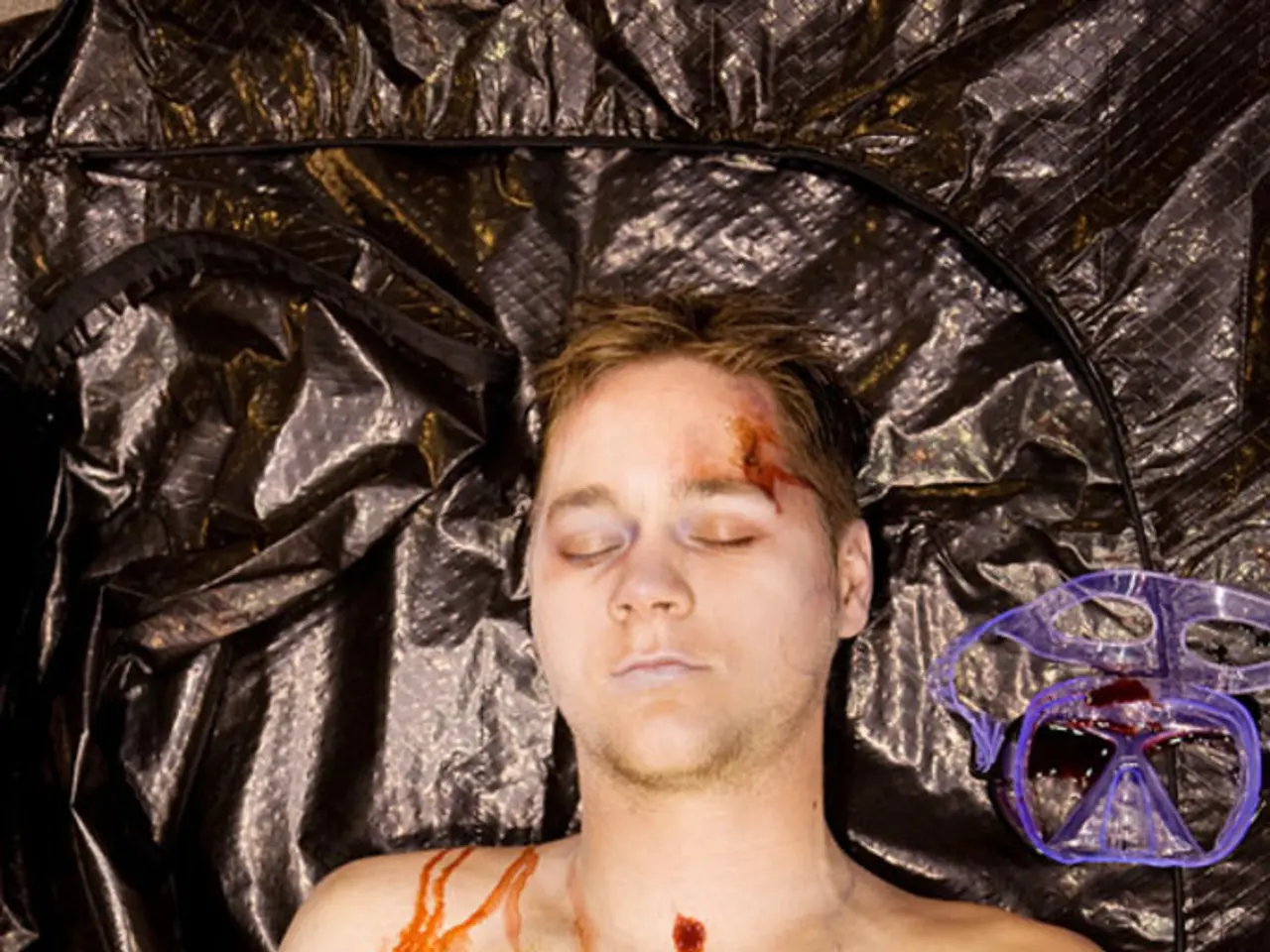Life After Death: Scientific Findings Point Towards Persistence of Consciousness Following Death
In a groundbreaking study, researchers have challenged the long-held belief that the brain ceases all activity 30 seconds after the heart stops pumping blood around the body. The study, led by Dr. Sam Parnia of the NYU Grossman School of Medicine, suggests that consciousness can persist transiently after the heart stops, even for up to three minutes.
According to the research, published in the journal *Resuscitation*, people may continue experiencing awareness for this extended period after death. The evidence for this comes mainly from recent research observing brain activity and conscious experiences during and after cardiac arrest.
One of the key findings of the study was the first confirmed out-of-body experience of a 57-year-old man after cardiac arrest. The patient was able to recall events with eerie accuracy during the three minutes when there was no heartbeat, and his detailed recollections were consistent with verified events.
Dr. Parnia explained that if attempts are made to reverse this process, it is referred to as 'cardiac arrest'; if these attempts do not succeed, it is called 'death'. He stated that the patient's consciousness and awareness occurred during a period when the brain typically ceases functioning.
The study's findings challenge the assumption that experiences in relation to death are likely hallucinations or illusions. Out of the 2,060 patients interviewed for the study who had survived cardiac arrests, 40 percent said they were able to recall some form of awareness after being pronounced clinically dead. Only 2% of these patients described their experience as a consistent out-of-body experience.
The study uncovered convincing evidence of an out-of-body experience for this patient declared dead by medics. A surge in brain activity, particularly gamma oscillations, has been observed after the heart stops. This activity occurs in brain areas associated with memory and consciousness and can continue for up to two minutes after death.
These findings imply that consciousness at the threshold of death is not merely the result of a dying or disordered brain, but rather a distinct human experience emerging during this critical period. This challenges traditional views that consciousness ceases immediately when the heart stops.
Dr. Parnia emphasized that more people may have mental activity after cardiac arrest but might lose their memories due to brain injury or sedative drugs. He warned that these findings should not be misconstrued as evidence that people can survive clinical death and be revived.
The study, conducted by researchers from the University of Southampton, provides the first large-scale empirical evidence linking these lucid experiences with measurable brain activity during cardiac arrest and resuscitation. While the precise mechanisms remain to be fully understood, this research opens new avenues for understanding near-death experiences and the nature of consciousness itself.
- The study published in the journal Resuscitation suggests that science is shedding new light on mental-health phenomena, as it provides large-scale empirical evidence linking lucid experiences during cardiac arrest with measurable brain activity, challenging the notion that consciousness ceases immediately upon the heart stopping.
- In light of the research revealing that consciousness can persist after the heart stops, health-and-wellness and mental-health professionals should consider incorporating therapies-and-treatments based on this knowledge, potentially benefiting individuals' understanding of their own experiences surrounding death.




